'Here & Now' Highlights: Susan Crawford, Dr. Robert Golden, Rick Esenberg, Darin Von Ruden
Here's what guests on the Feb. 14, 2025 episode said about running for the Wisconsin Supreme Court, federal cuts to medical research, constitutional questions over presidential reach, and how Wisconsin farmers are on edge with threats to cut agriculture funding.
By Frederica Freyberg | Here & Now
February 17, 2025
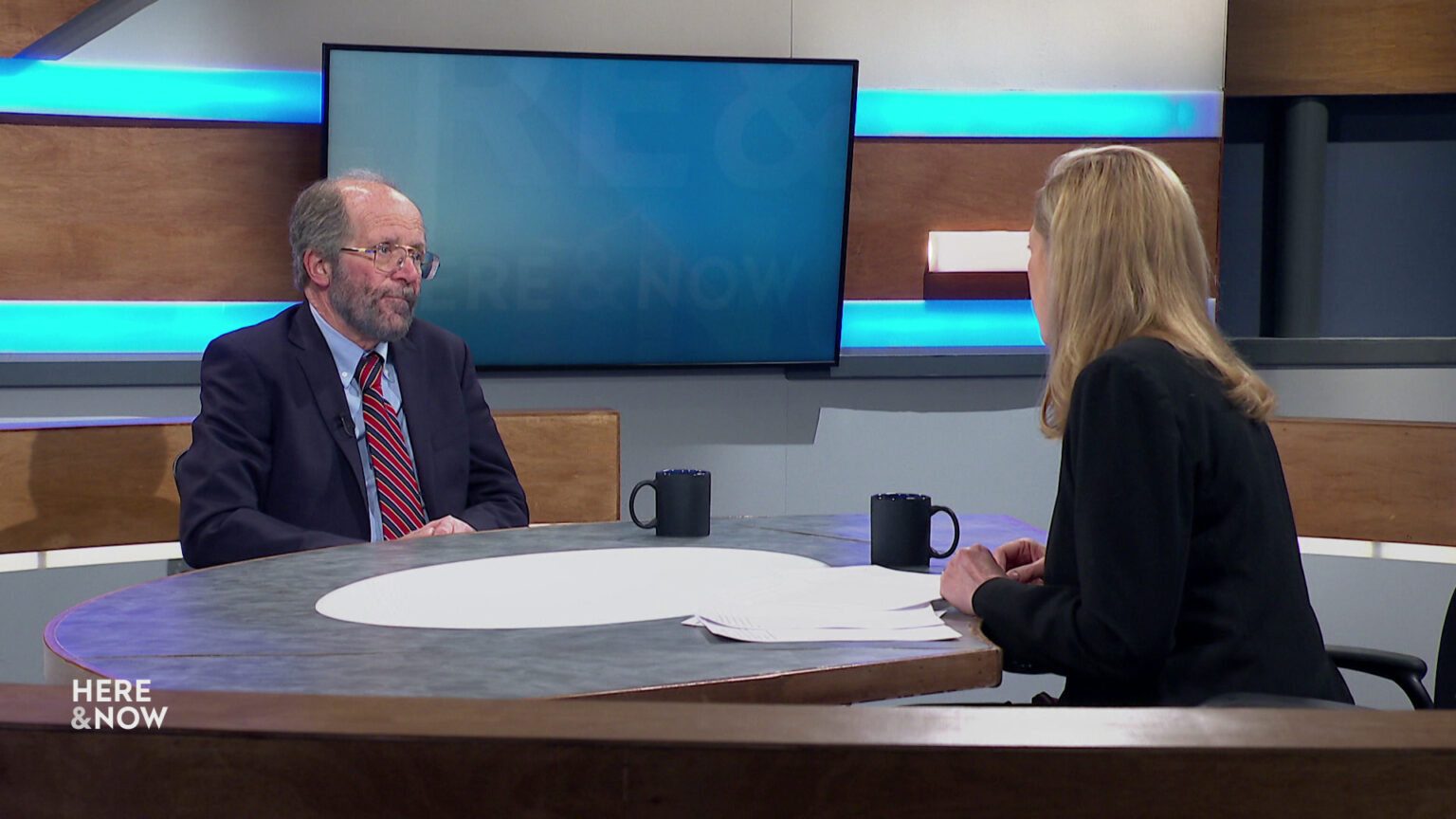
Frederica Freyberg and Dr. Robert Golden (Credit: PBS Wisconsin)
An open seat on the Wisconsin Supreme Court is up in the April 1 election, and liberal candidate Susan Crawford spoke about her positions. Dr. Robert Golden, the dean of the UW medical school said cuts to federal research funding sought by the Trump administration would be catastrophic. Wisconsin Institute of Law & Liberty President Rick Esenberg said some of the moves by the Trump administration may run afoul of separation of powers.Wisconsin Farmers Union President Daren Von Ruden said some of the group’s members are concerned about getting promised federal reimbursement for completed work.
Susan Crawford
Wisconsin Supreme Court candidate
- The 2025 race for a Wisconsin Supreme Court seat could break campaign spending records. Here & Now senior political reporter Zac Schultz conducted expansive interviews with both candidates ahead of the April 1 election: conservative Waukesha County Circuit Court Judge Brad Schimel and liberal Dane County Circuit Court Judge Susan Crawford. Shedescribed her judicial philosophy as focused on context.
- Crawford: “I view myself as a really common sense judge. So I focus on, first of all, making sure that I know what the facts are in any case — I’ve listened to the evidence and just determine what the truth is. I think that’s a really important first step for any judge. Then, of course, I make sure I get the law right after listening to the lawyers tell me what their positions are. And then I have to make a decision after I have those two things established. I pay a lot of attention to how my decision is going to impact the people in a case. The decisions I make are not abstract principles — they are going to affect real people’s lives. So I do pay close attention to the context of my decisions. Taking that up to the Wisconsin Supreme Court, I will also consider how the decisions that I’m involved in as a justice will be applied in future cases, because at the Supreme Court level, those cases are precedent and you have to think ahead to other applications.”
Dr. Robert Golden
Dean, University of Wisconsin School of Medicine and Public Health
- A Trump administration policy that was temporarily blocked by a federal court would limit overhead expenses of medical research conducted at universities like UW-Madison. Most medical research is funded by the National Institutes of Health, and this policy would limit NIH funding for indirect costs to 15%. With this change, UW-Madison would lose $65 million dollars annually with such a cut to its rate of 55.5% of expenditures on indirect costs. These costs include needs like laboratory maintenance and safety equipment. Golden described the impact should the policy proceed.
- Golden: “This would be devastating. This would be apocalyptic. This would mean that we would have to dramatically scale back and probably end really important research going from the bench to the bedside into the community, in areas like cancer, diabetes, heart disease and neurologic illnesses.”
Rick Esenberg
President and general counsel, Wisconsin Institute for Law & Liberty
- Questions now before federal courts around whether it’s legal for the Trump administration to make unilateral decisions on funding of certain agencies have led to temporary injunctions halting some of the president’s actions. To the question of how these actions square with the constitutional separation of powers, Esenberg said it depends.
- Esenberg: “I think it’s fair to say that the answer is mixed. There are some things that the president clearly has, or a reasonable argument can be made that he ought to have the power to do. And there are some things that are more problematic. You mentioned the unilateral reduction in overhead costs for NIH grants. That probably violates a statute and that Congress can constitutionally impose on the president. There’s other instances where the president is pausing funding to review the way that a congressional mandate is being carried out, which are defensible. There are yet other areas where we don’t know what’s going to happen. I mean, there are tweets in which, you know, claims are made that USAID can be, is going to be abolished. You probably can’t do that. But can you redirect its funding consistent with congressional appropriations? Yeah, you probably can do that.”
Darin Von Ruden
President, Wisconsin Farmers Union
- Threats of cuts to and freezing of federal funding for agriculture programs – everything from food aid to crop assistance to energy conservation projects — has Wisconsin farmers on high alert. Billions of dollars are spent at the national level on farm programs, and the state’s farmers are recipients. Von Ruden said farmers in Wisconsin are very on edge.
- Von Ruden: “Well, I think really on edge, you know, especially looking at folks that have applied for grants in the past, mainly in the renewable energy side. We have a next-door neighbor that installed the system this summer, just put it online here a few weeks ago, and got a notice on Tuesday morning that the $70,000 grant that he was supposed to be receiving from the federal government is now on hold. So, you know, that’s not pocket change. It’s not something that you can just go out and make up in a couple days. So, you know, we’re really hoping that the freeze gets taken back and that those funds get distributed. But then also looking at what’s happening with the U.SAID program, we haven’t heard directly from any farmers here in the state of Wisconsin, but certainly from some of the other states around the upper Midwest, and corn and soybean programs that are involved in that are really on edge because they’ve become accustomed to providing those corn and soybeans for that program.”
Watch new episodes of Here & Now at 7:30 p.m. on Fridays.
 Passport
Passport




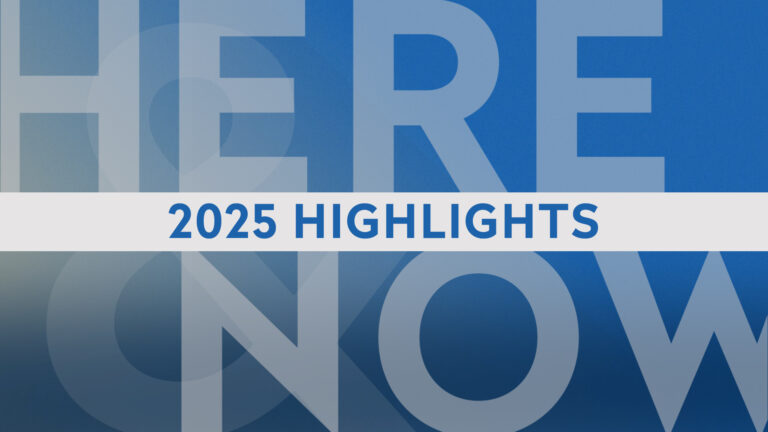
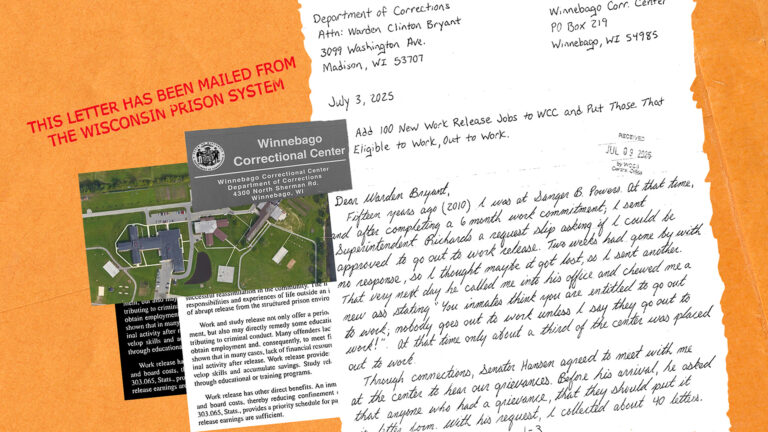
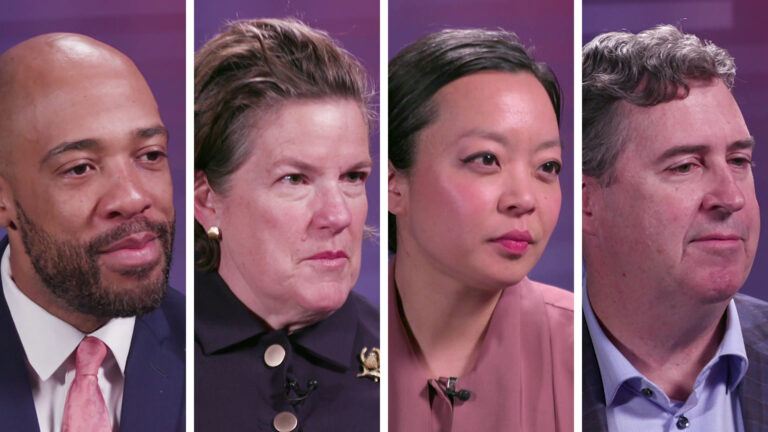
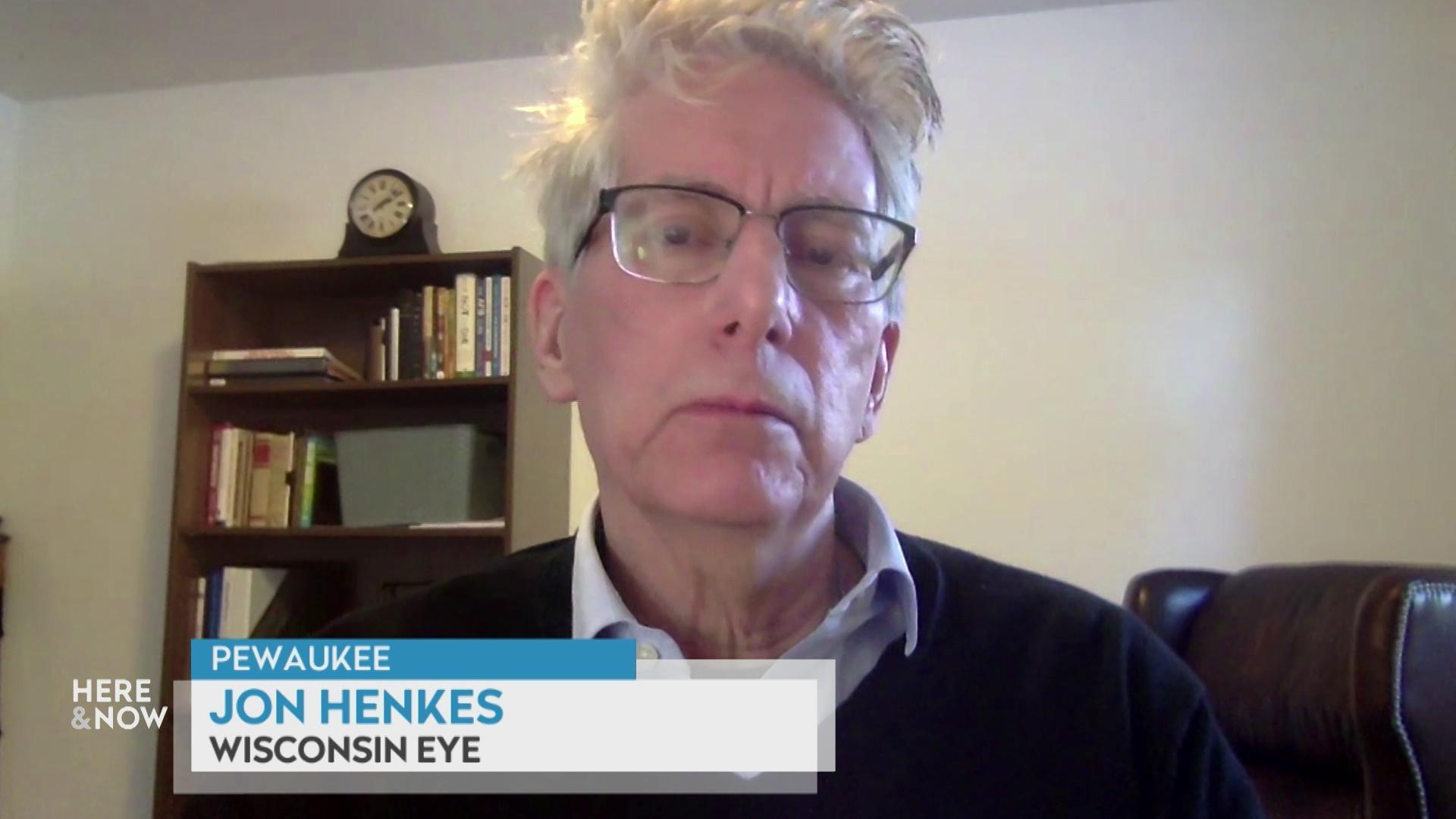



Follow Us